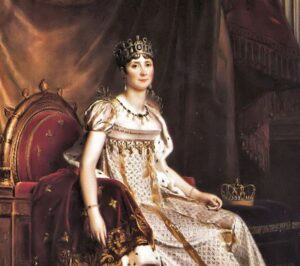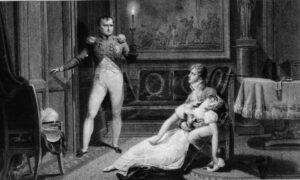Introduction
In the history of the Roman Empire, there are only two well-known cases of fratricide. One is the legend of Romulus’ murder of his brother Remus during Rome’s founding. The other is the murder of the co-emperor Geta by his brother Caracalla.
In fact, Caracalla and Geta’s relationship contradicts a long tradition in Ancient Rome of brothers working closely together. The Scipio brothers held joint command in Spain during the Second Punic War. The Gracchi brothers promoted social reform in the second century BC. Lucius Antonius defended Perusia on behalf of his older brother Marc Antony during the latter’s civil war with Octavian.
So, what went wrong between Caracalla and Geta? Here, we dive into the historical sources to explore how the peculiarities of Caracalla and Geta’s brotherhood contributed to the fracturing of their relationship and, ultimately, Geta’s murder.
Caracalla and Geta May Have Been Stepbrothers
Though many modern scholars believe that Caracalla and Geta were brothers, an alternate historical tradition posits that Caracalla and Geta were only stepbrothers. The Historia Augusta states that Caracalla was born in either 174 AD or 186 AD, when Septimus Severus was married to Paccia Marciana and not in his traditionally accepted birth year of 188 AD, when Septimus Severus was married to Geta’s mother Julia Domna.[1] As such, the Historia Augusta refers to Julia Domna as Caracalla’s noverca, or stepmother.[2]
While we cannot know Caracalla’s true birthday for sure, using his traditional birth year of 188 AD is problematic: it places Caracalla at quite a young age for some of his life’s most important milestones. For instance, under the traditional dating, Caracalla was named co-emperor at the age of 9 (198 AD), married at age 14 (202 AD), and detected a plot against his and his father’s life at the ripe old age 16 (205 AD). Under the much more reasonable alternate timeline, Caracalla would have been 23, 28, and 30 during these events, respectively. His brother Geta’s own history supports achieving these milestones at a later age. Geta was named co-emperor in 209 AD, when he was 20 years old and was never even engaged to be married before he died at age 22.[3]
If this line of thinking is correct, Caracalla was likely born before Septimus Severus was married to Julia Domna. This means that Caracalla was either born to a different woman or potentially born to Julia Domna out of wedlock. In either case, Caracalla’s non-traditional relationship with Geta as either a stepbrother or a bastard brother could have intensified their rivalry.
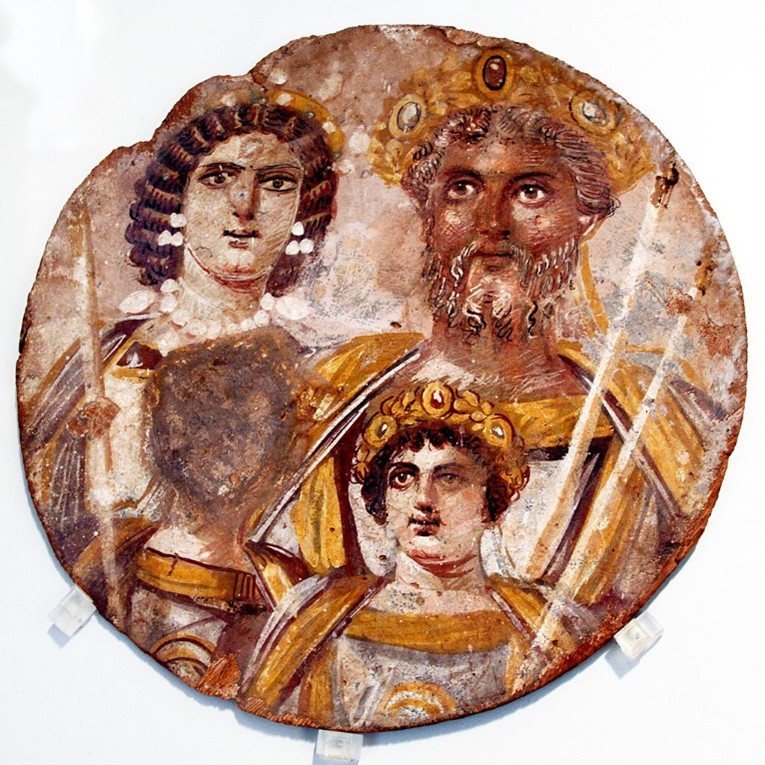
Caracalla and Geta Attracted Different Political Factions
Perhaps in the hopes of exploiting the brothers’ weakened relationship, different political factions attached themselves to Caracalla and Geta. These political factions set the brothers up to oppose each other, rather than collaborate. Caracalla, who joined his father’s military campaigns while Geta remained with his mother (again, suggesting Caracalla was more than 11 months older than Geta), received much of the military’s support. He also had the backing of Sextus Varius Marcellus, who was related to Julia Domna and was an influential member of an upstart Syrian faction of nobles and advisors.[4]
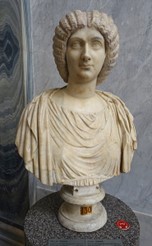
Geta was supported by the established powers, namely his father’s North African advisors and much of the Senate. Dr. Ilkka Syvänne suggests that the existing order backed Geta over Caracalla since Geta was easier to control.[5] Cassius Dio argues that Caracalla, who later would become noted for his purges of disloyal supporters, massacres of unarmed enemies, and destruction of a large portion of Alexandria’s population, may have conspired to assassinate his father while on campaign in Scotland.[6] In response, his father and his advisors raised Geta to the position of co-emperor to counter Caracalla’s potential treachery.
In short, Caracalla’s growing influence with the military and an upstart Syrian nobility, coupled with his emerging erratic nature may have compelled the traditional nobility to promote Geta specifically to oppose Caracalla as Emperor rather than support him. This caused the two brothers to come into conflict.
Caracalla’s Murder of Geta
The conflict between the brothers, likely encouraged by various political factions throughout the Empire, became apparent almost immediately after the burial of their father. Both brothers felt threatened. Upon reaching the Imperial Palace in Rome, the pair immediately blocked off portions of the palace connecting their quarters and set out to rally support in the city. Caracalla moved quickly to secure the city’s military and the imperial treasury. He dismissed the commander of the city’s urban cohort, Fabius Clio and replaced him the Syrian, Marcellus. Marcellus was also placed in charge of the emperor’s private property (important for providing bribes) and another ally, Marcius Dioga was placed in command of the general treasury.[7]
Geta raised an army of personal bodyguards made up of soldiers, athletes, and hooligans that supported his preferred chariot team. Caracalla went so far as to murder a famous charioteer, Euprepes, when the latter declared his support for Geta.[8]
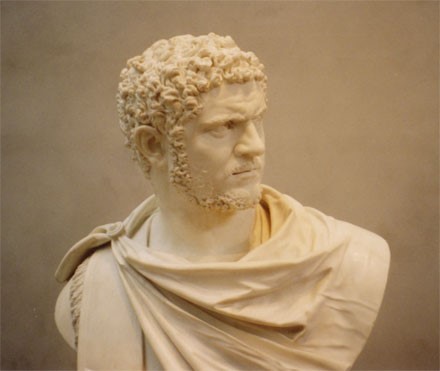
The final straw came when a proposal to divide the empire between the brothers (likely made by Geta’s advisors) was rejected by the Syrian faction led by Julia Domna. Caracalla asked his brother for a meeting in their mother’s house and either killed him himself while his mother looked on or ordered his bodyguard to do so.[9]
Conclusion
In summary, Caracalla may have occupied a tenuous position as Geta’s true brother, possibly being a stepbrother or a bastard brother. Possibly due to Caracalla’s erratic behavior, the more traditional nobility rallied around Geta to oppose Caracalla, leading to conflict between the two brothers. When an attempt at a truce went awry and Caracalla had secured the support of Rome’s army and treasury, he felt in a secure enough position to murder Geta.
References
[1] Syvänne, Ilkka. Caracalla: A Military Biography. Pen and Sword, 2017. p. 79.
[2] Historia Augusta: Life of Caracalla, 10.1. https://penelope.uchicago.edu/Thayer/E/Roman/Texts/Historia_Augusta/Caracalla*.html
[3] Caracalla, p. 79-80.
[4] Ibid, p. 126.
[5] Ibid, p. 127.
[6] Dio, Cassius. Roman History. LXXVI, 15.2 https://www.ostia-antica.org/caracalla/historians/cassius-dio.htm
[7] Caracalla, p. 125.
[8] Roman History, LXXVII, 1.2.
[9] Ibid, LXXVII, 2.2.

